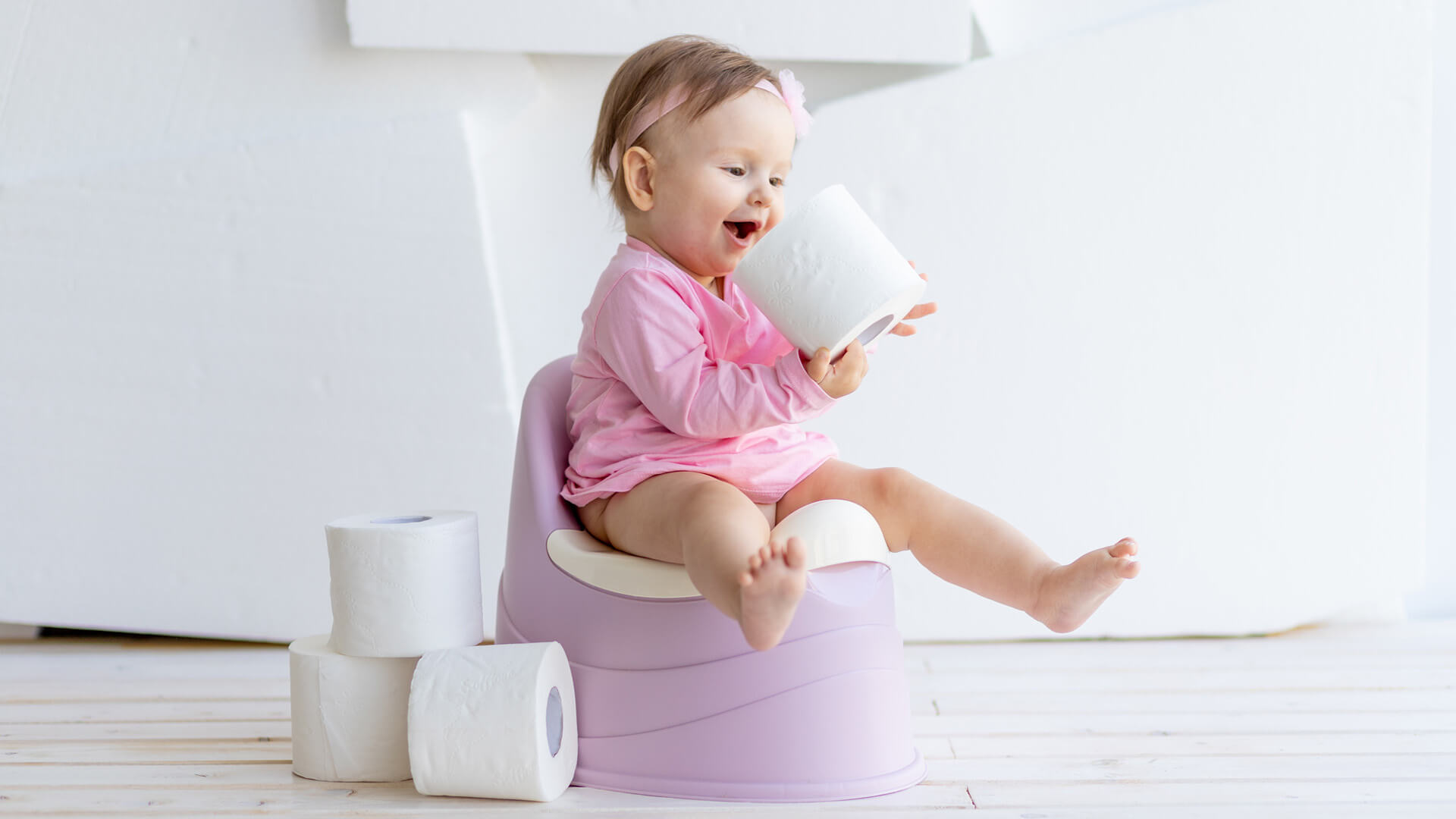Parents and children alike know that determining when and how to start toilet training is a milestone event. It’s a step that’s a giant leap toward independence, but it can be a confusing and stressful process. The key to a simple and low-stress experience is knowing when your child is ready. Pressing them too early would be nothing but a frustration and setback. As a renowned pediatrician in Dubai, Dr. Olfa Koobar advises parents to look for signs of development rather than age.
This book will guide you through the identification of your child’s signs of readiness and practical tips on how to proceed with initiating toilet training so that it does not turn out to be a nightmare for everyone.
Is Your Child Ready? Key Signs to Watch Out For
Every child develops at his or her own pace, and thus, toilet training readiness is not determined by age but by a series of developmental milestones. Your child’s favorite Dubai pediatrician will advise you to watch for the following in your child:
Physical Readiness:
- Stays Dry Longer: The child can remain dry for two or more hours during the day or wake up from a nap with a dry diaper. This indicates their bladder muscles are strong enough to be able to hold urine.
- Predictable Bowel Movements: Their bowel movements become regular and predictable, and it is easy for you to know when to put them on the potty.
- Motor Skills: Your child has the coordination to walk to the bathroom and back, sit on the potty, and pull their pants up and down.
Cognitive and Verbal Readiness:
- Can Follow Simple Instructions: They can follow and understand one- or two-step instructions such as “Let’s go to the potty.”
- Communicates Needs: They will say a word, make a face, or use a body signal to show they have to go, or will say “I’m peeing” or “I need to poop.”
- Understands Bathroom Lingo: They know the words “potty,” “pee,” and “poop.” To decide how to best communicate with your toddler, you might want to check out our article about communicating with your child.
Emotional and Social Readiness
- Shows Interest: The child shows interest in the toilet, asks questions, or wishes to sit on it with you in the bathroom.
- Dislikes Wet Diapers: They show disgust with a dirty diaper and will try to take it off or insist on being changed.
- Seeks Independence: They wish to do things for themselves and are proud of what they have achieved. Developmental independence is a process, and the older they get, there might be occasional separation anxiety obstacles.
Should you be concerned that your child is experiencing these signs, a visit to your Dubai pediatrician will sort out and provide personalized advice.
Getting Started: A Step-by-Step Guide for Parents
If you have determined that you’re child is ready, then it is time to get started. Remember to be patient, positive, and consistent.
- Get the Right Equipment:
Start by letting your child pick out their own potty chair or special seat that goes over the regular toilet. Having ownership of the process can make it more enjoyable for them. A small stool can also offer them extra security and stability.
- Introduce the Potty:
Place the potty at a convenient location where your child will spend quality time, e.g., a playroom or a living room. For the first few days, you can just let them get familiar with it. Ask them to sit on it while dressed and you read a book or play a game.
- Create a Routine:
Create a routine potty schedule. A great starting point is to take them to the potty in the morning when they wake, after meals, before naps, and before bedtime. If you find that they are regular with bowel movements, then you can take them to the potty as well. If your child attends daycare, ensure that their routine is the same as yours. Consistency is especially important at times of major changes like the birth of a new baby.
- Practice Positive Reinforcement:
Reward every success, no matter how minor! Praise, high-five, or place a sticker on a chart. Scold and punish your child for accidents only; it might make them anxious and reverse progress. Accidents are all part of the learning process. Any anxiety about developmental regression should be talked over with your Dubai pediatrician.
- Teach with Proper Hygiene:
Make handwashing a habit from day one. Show girls how to wipe from front to back to prevent urinary tract infections. Wiping should be turned into a fun, non-negotiable ritual after every potty attempt.
- Know When to Take a Break:
If your child resists heavily, becomes very distressed, or continues to have lots of accidents after a few weeks of trying, it may be an indication that they just aren’t ready yet. It is perfectly okay to stretch it out over a few weeks and try again. Toilet training is not a competition, and overall health is the objective. For comprehensive care services from newborns and beyond, come see Dr. Olfa’s Healthy Newborn Clinic.
When to Visit Your Pediatrician?
Most children learn to use the toilet with patience and instruction, but sometimes there are difficulties. It is advisable to visit your pediatrician in Dubai if:
- Your child is four years or older and has not begun to use the toilet.
- They experience bleeding or pain when urinating or having a bowel movement.
- They were well-trained but began to have frequent accidents again (regression).
- Pregnant women with gestational diabetes are recommended to see their pediatrician in Dubai while pregnant.
Your Partner in Parenting: Dr. Olfa Koobar
In Dr. Olfa’s practice, we understand that every child is unique, and so is their path of development. We’re committed to walking alongside families through every single step, from potty training to surviving those pesky childhood illnesses. Your child’s physical and emotional well-being is always our number one concern.
Is experiencing difficulty with the potty-training process or any other developmental problems?
Book your appointment today with Dubai pediatrician Dr. Olfa Koobar, your child’s physician, and get the expert counsel your family deserves.




